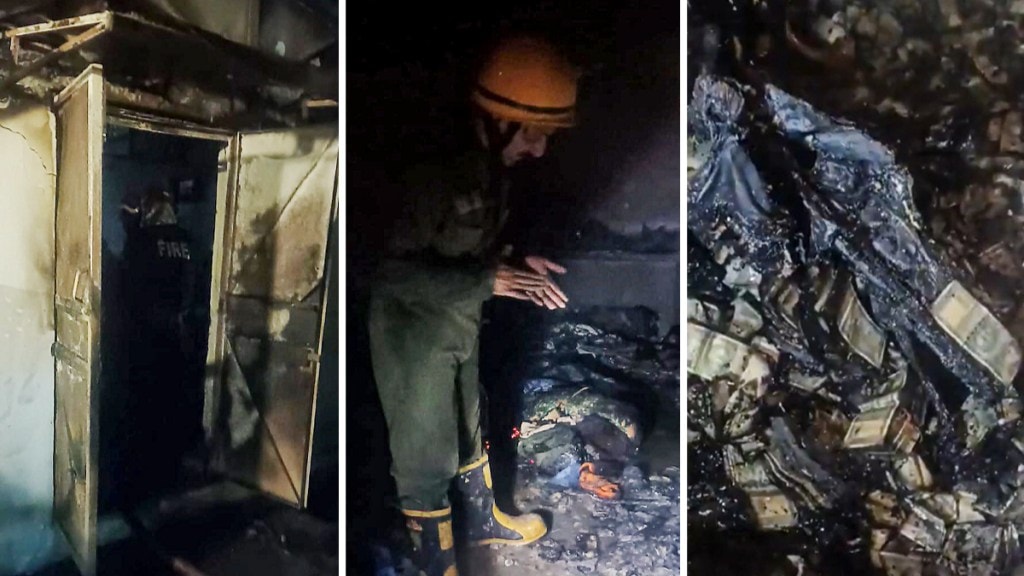The three-judge committee formed by Chief Justice of India Sanjiv Khanna will do a “fact-finding inquiry” on the allegations against Delhi High Court judge Yashwant Varma. It will conduct a more detailed inquiry into the reported discovery of a stack of cash at the judge’s residence in Delhi .
Following the established procedure, the Supreme Court‘s 2015 ruling states that the inquiry would be a fact-finding process, where the judge involved would have the opportunity to present his side of the story. The case is not being approached with the corruption angle as of now.
The ruling, written by a bench led by former CJI JS Khehar, clarified that this would not be a formal judicial inquiry involving witness examinations, cross-examinations, or lawyer representations. Instead, the committee would create its own process, ensuring it follows the principles of fairness and justice.
The three-person inquiry committee includes Justices Sheel Nagu (Chief Justice of Punjab and Haryana High Court), Anu Sivaraman (Judge of Karnataka High Court). However, and GS Sandhawalia (Chief Justice of Himachal Pradesh High Court). As of now, there is no deadline for the committee to finish their investigation on the case.
The Supreme Court had established a procedure for investigating allegations against judges in constitutional courts in 2014. This happened while they were dealing with a sexual harassment case that involved a judge from Madhya Pradesh.
The first stage of this process involves prima facie veracity of the allegations that need to be checked. If the claims seem likely to be true, the next step is to decide if a more thorough and detailed investigation is needed. The first stage is not about fully examining the details but simply evaluating the complaint and the judge’s response to the allegations.
The Chief Justice of the High Court is responsible for deciding whether a deeper probe is necessary. The second stage involves sitting judges of high courts, which could lead to serious consequences. This stage is overseen directly by the CJI.
The Chief Justice of India will only approve a deeper investigation if he agrees with the Chief Justice of the High Court. If this happens, he will set up a “three-member committee” and move the investigation to the next stage. The Supreme Court also stated that while the three-member panel can create its own process, it must follow the basic principles of fairness and justice.
If and when the three-member committee finds the allegations to be valid and recommends starting the process to remove the judge, the Chief Justice of India will take the following steps:
- The CJI will advise the judge to resign or retire voluntarily.
- If the judge refuses this advice, the Chief Justice of India will instruct the Chief Justice of the relevant High Court not to assign any judicial duties to the judge, the Supreme Court explained.

